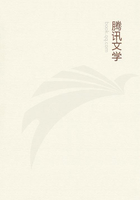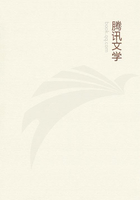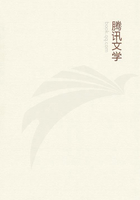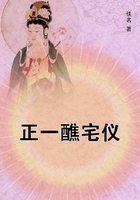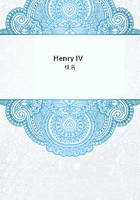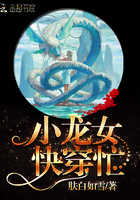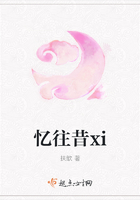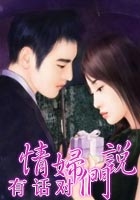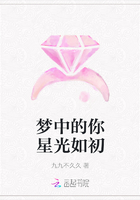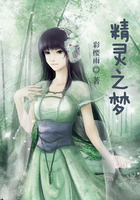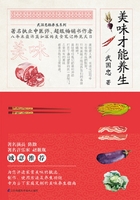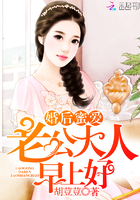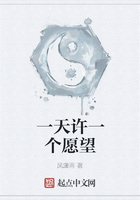The age of Elizabeth, memorable for so many reasons in the history of England, was especially brilliant in literature, and, within literature, in the drama. With some falling off in spontaneity, the impulse to great dramatic production lasted till the Long Parliament closed the theaters in 1642; and when they were reopened at the Restoration, in 1660, the stage only too faithfully reflected the debased moral tone of the court society of Charles II.
John Dryden (1631-1700), the great representative figure in the literature of the latter part of the seventeenth century, exemplifies in his work most of the main tendencies of the time.
He came into notice with a poem on the death of Cromwell in 1658, and two years later was composing couplets expressing his loyalty to the returned king. He married Lady Elizabeth Howard, the daughter of a royalist house, and for practically all the rest of his life remained an adherent of the Tory Party. In 1663 he began writing for the stage, and during the next thirty years he attempted nearly all the current forms of drama. His "Annus Mirabilis" (1666), celebrating the English naval victories over the Dutch, brought him in 1670 the Poet Laureateship. He had, meantime, begun the writing of those admirable critical essays, represented in the present series by his Preface to the "Fables"and his Dedication to the translation of Virgil. In these he shows himself not only a critic of sound and penetrating judgment, but the first master of modern English prose style.
With "Absalom and Achitophel," a satire on the Whig leader, Shaftesbury, Dryden entered a new phase, and achieved what is regarded as "the finest of all political satires." This was followed by "The Medal," again directed against the Whigs, and this by "Mac Flecknoe," a fierce attack on his enemy and rival Shadwell. The Government rewarded his services by a lucrative appointment.
After triumphing in the three fields of drama, criticism, and satire, Dryden appears next as a religious poet in his "Religio Laici," an exposition of the doctrines of the Church of England from a layman's point of view. In the same year that the Catholic James II. ascended the throne, Dryden joined the Roman Church, and two years later defended his new religion in "The Hind and the Panther," an allegorical debate between two animals standing respectively for Catholicism and Anglicanism.
The Revolution of 1688 put an end to Dryden's prosperity; and after a short return to dramatic composition, he turned to translation as a means of supporting himself. He had already done something in this line; and after a series of translations from Juvenal, Persius, and Ovid, he undertook, at the age of sixty-three, the enormous task of turning the entire works of Virgil into English verse. How he succeeded in this, readers of the "Aeneid" in a companion volume of these classics can judge for themselves. Dryden's production closes with the collection of narrative poems called "Fables," published in 1700, in which year he died and was buried in the Poet's Corner in Westminster Abbey.
Dryden lived in an age of reaction against excessive religious idealism, and both his character and his works are marked by the somewhat unheroic traits of such a period. But he was, on the whole, an honest man, open minded, genial, candid, and modest; the wielder of a style, both in verse and prose, unmatched for clearness, vigor, and sanity.
Three types of comedy appeared in England in the time of Dryden--the comedy of humors, the comedy of intrigue, and the comedy of manners--and in all he did work that classed him with the ablest of his contemporaries. He developed the somewhat bombastic type of drama known as the heroic play, and brought it to its height in his "Conquest of Granada"; then, becoming dissatisfied with this form, he cultivated the French classic tragedy on the model of Racine. This he modified by combining with the regularity of the French treatment of dramatic action a richness of characterization in which he showed himself a disciple of Shakespeare, and of this mixed type his best example is "All for Love." Here he has the daring to challenge comparison with his master, and the greatest testimony to his achievement is the fact that, as Professor Noyes has said, "fresh from Shakespeare's 'Antony and Cleopatra,' we can still read with intense pleasure Dryden's version of the story."

